OPINION: FIGHTING CORRUPTION IN UGANDA NEEDS MORE THAN A WALK
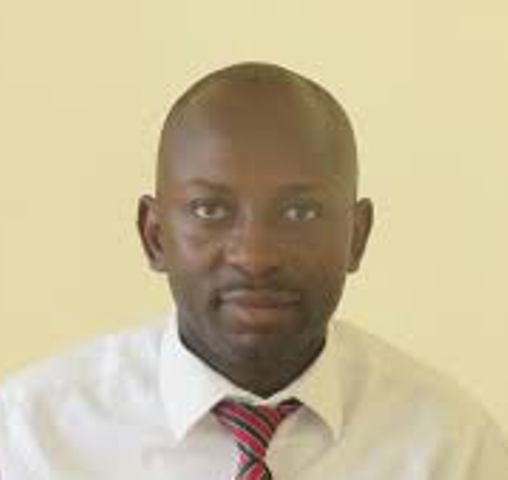
AMBROSE BYAMUGISHA MUHOOZI
C.E.O AMBROSOLI CONSULT UGANDA LIMTED
Fighting corruption and institutional reform cannot be achieved in a sustainable way by the president, churches or government alone. Civil society organizations have vital roles to play (Amnesty International 2010). Thankfully, there are many civil society organizations operating in Uganda in a wide range of sectors and corruption-related issues. The most active organizations working on anti-corruption are the Anti-Corruption Coalition and its counterparts, such as Transparency International – Uganda, Civil Society Today, Uganda Debt Network and NGO Forum (Transparency International 2013). Since its promulgation, civil society organizations, including the church, should be playing indispensable roles in shaping public policy in Uganda, not only through processes such as the Poverty Eradication Action Plan but also through public expenditure reviews. That is to say, they have the task of fighting corruption – from monitoring public services like elections, procurement and legal reforms, demanding accountability and denouncing bribery, to raising awareness of all socio-economic and political actors. Through conferences, seminars and workshops, churches and NGOs have not only influenced existing legislation but have also lobbied for new institutional devices to prevent or penalize corruption (Larok 2012:127). In response to recent corruption scandals in Uganda, the president has organized the Anti- Corruption Walk last week to raise awareness of corruption and mobilize citizens to take action
There are approximately 20 national and local newspapers, more than 200 licensed radio stations and some 40 television stations in Uganda. Radio stations, in particular, play an important role in informing the population (Transparency International 2011; cf. Freedom House 2012). The media in Uganda has in many cases held the government accountable and demanded access to information held by government institutions. They are instrumental in exposing cases of corruption at the local and national levels. Without free media, civil society is crippled, both by a lack of information and inability to engender public debate (Gawaya 2011:46). So far so good, work done; however civil society organizations (NGOs), the church and the media in Uganda can do more.
They must continue to ‘name and shame’ the fraudulent as well as pressurize the government into taking action. If the government itself is the promoter of corruption, then these groups should speak out against governmental abuse of power or position. They should form a popular alliance in order to make use of their potential leverage (Evans 2012:21). As the church and civil society organizations (NGOs) are monitoring the government activities and businesses, the government should also be busy at work, scrutinizing the former. In 2019, with regard to the legal framework regulating the NGOs and mushrooming churches in Uganda. The Government policies should aim at enabling the government to effectively monitor the integrity, accountability, transparency and operations of all NGOs and churches in Uganda.
www.mknewslink.com a greater western Uganda news website
Email: wmuhwezi75@gmail.com
Tel: +256702680106













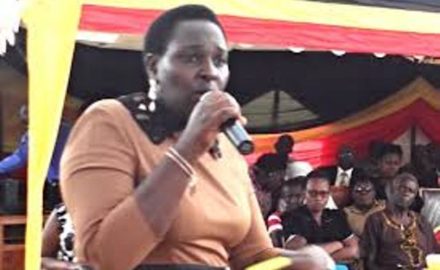
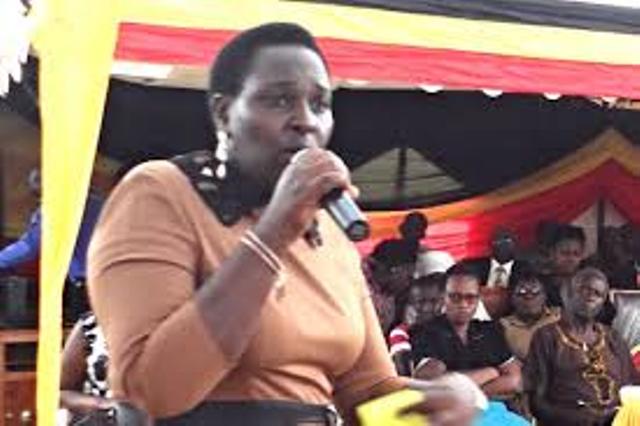
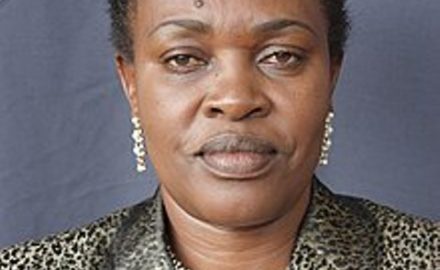
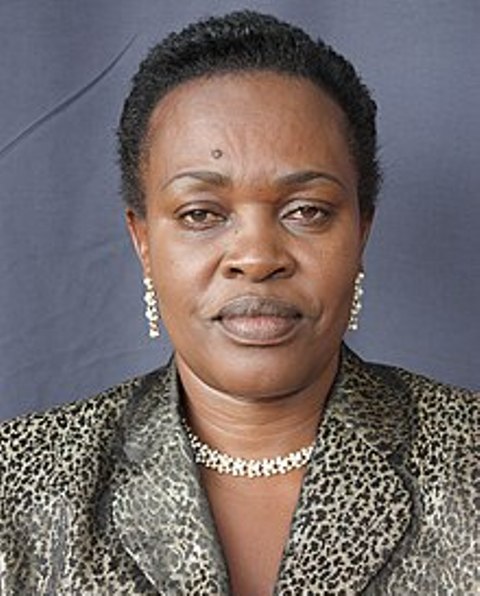
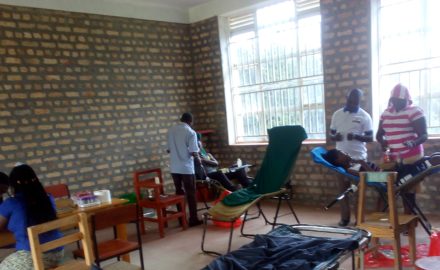
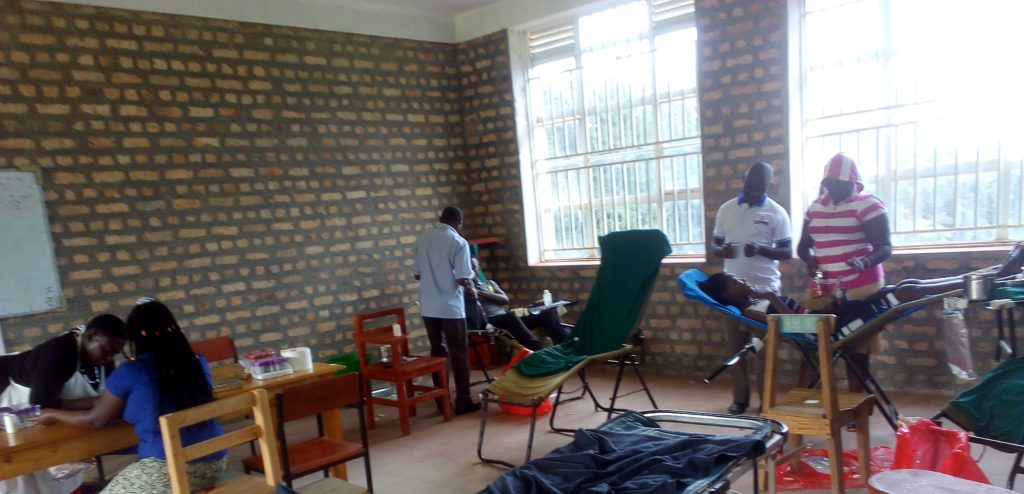
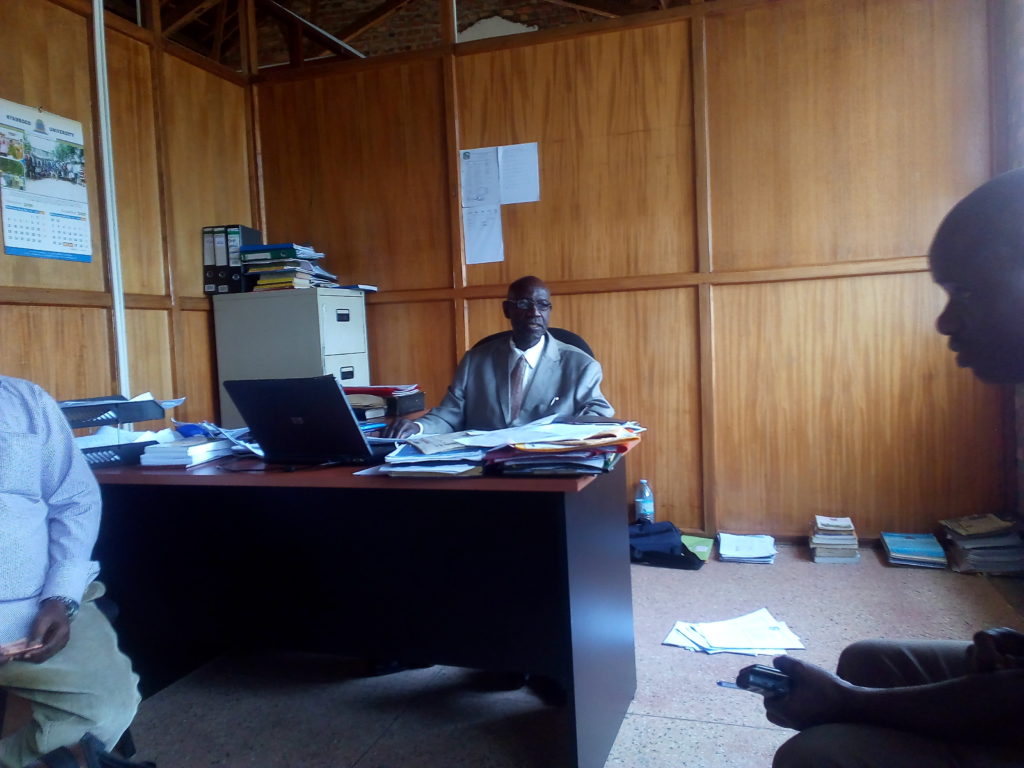




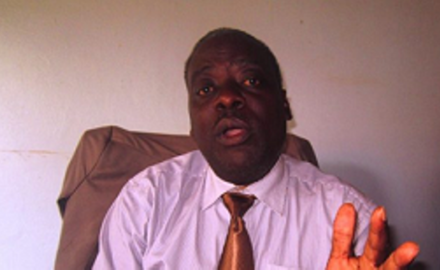
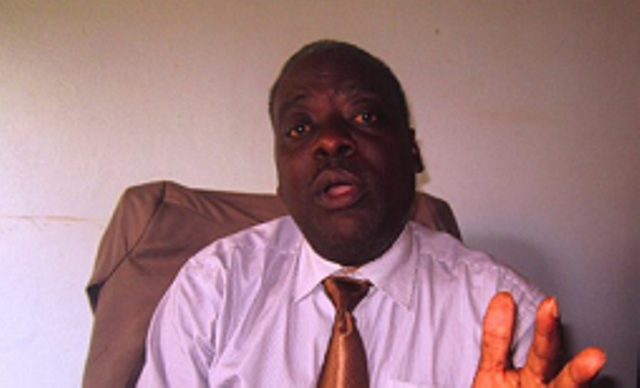
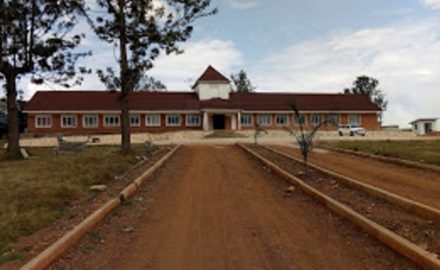
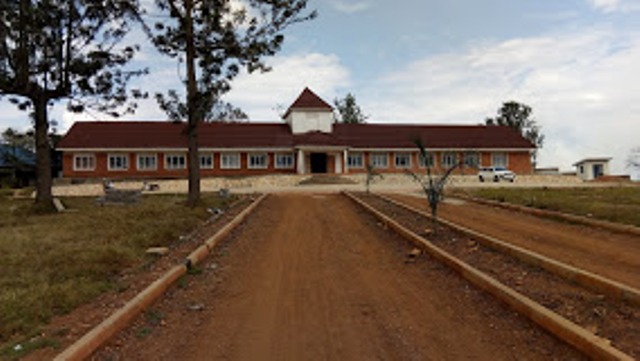



 Views Today : 338
Views Today : 338 Views Yesterday : 396
Views Yesterday : 396 Views Last 7 days : 3257
Views Last 7 days : 3257 Views This Month : 10517
Views This Month : 10517 Total views : 1435200
Total views : 1435200 Who's Online : 1
Who's Online : 1 Your IP Address : 18.116.15.22
Your IP Address : 18.116.15.22